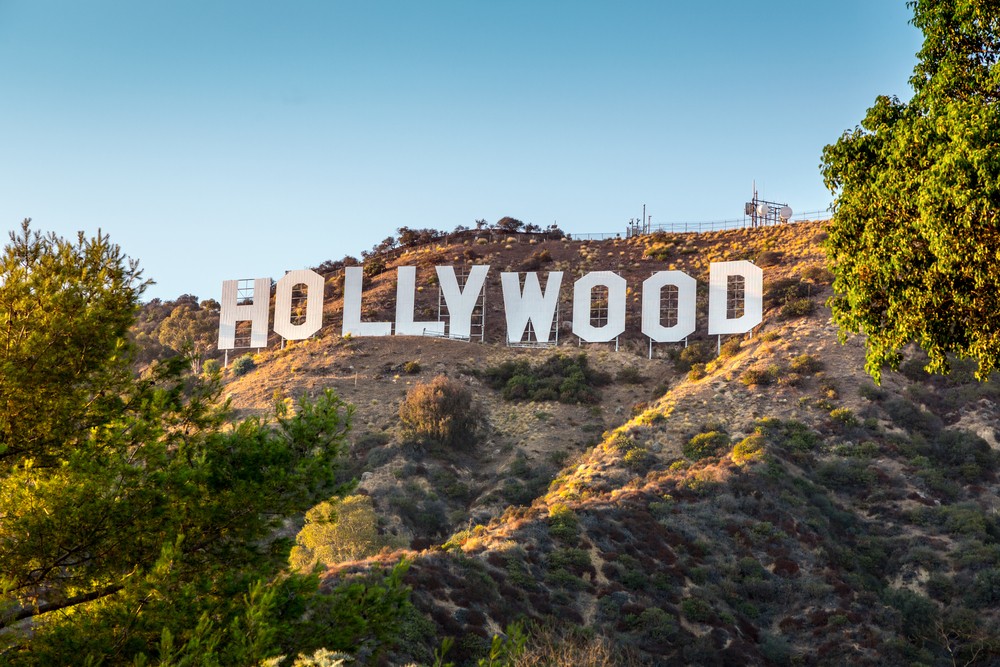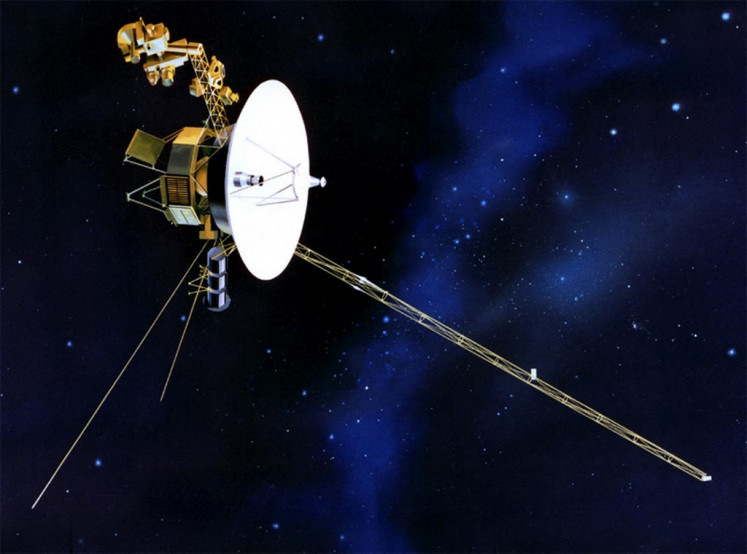In `This Changes Everything,' Hollywood's top women wonder when
Change Size
 The issue of gender parity in Hollywood isn’t new. (Shutterstock/logoboom)
The issue of gender parity in Hollywood isn’t new. (Shutterstock/logoboom)
Will the tide finally turn for women in film?
Last year, now-infamous producer Harvey Weinstein was still attending the Toronto International Film Festival. This year, making its world premiere at the festival he once frequented is “This Changes Everything,” a documentary highlighting the systemic sexism that has permeated Hollywood for the past century.
In the year since a report by the New York Times alleged decades of abuse by Weinstein, he’s pled not guilty to sex-crime charges, including rape, and an array of powerful men have been similarly accused of various forms of misconduct. While it was hoped the ensuing uproar might give Hollywood a chance to shed it’s “ casting couch” image, the film shows just how entrenched male power is in the industry and how catalysts for change always seem to fizzle.
“Eighty percent of the media consumed worldwide is created by the United States -- we are responsible for exporting a pretty negative view of women,” Geena Davis, an executive producer of “This Changes Everything,” said in the documentary. “We can’t wait around for change to happen when all the evidence shows us we’re going nowhere slowly.”
One Oscar
The documentary mixes damning statistics with interviews and portrayals of women in film through the ages -- often scantily clad -- as Davis was in “Tootsie,” her first-ever film. Only one woman has ever won an Academy Award for best director in almost a century of film making -- Kathryn Bigelow for “The Hurt Locker.” In 2017, 90 percent of writers of the top-grossing films were men and 89 percent of directors of the top 250 U.S. releases were men.
“Male-directed movies get bigger distribution, get on more screens, more advertising dollars,” Catherine Hardwicke, director of “Twilight,” said in the documentary. “Then they get their second films easier, and then they get their third one and they get their fourth one.” Her film earned $193 million in gross theater sales, according to Box Office Mojo.
Silent era
It didn’t start out like this for women in the industry. The silent-film era was full of women writers, directors and producers, the documentary shows. Lois Weber was one of the three great directors of early Hollywood era. By 1916, she was Universal’s highest-paid director. When she formed her own production company in 1917, the deal she signed with Paramount was the most lucrative in the industry.
Sound changed everything. Hollywood needed financial support to adapt studios for the new technology and banks became one of the industry’s biggest investors, linking the industry to a “male, moneyed hierarchy,” Jeanine Basinger, author of “A Woman’s View,” said in the film.
‘Succeeding Downward’
Studios began to take control of the market, consolidating power and shutting out women and black filmmakers. Unions stepped in to cement the exclusion of women, the film shows, erasing the work that so many women did for decades.
“Women are virtually excluded from the directing profession -- we are disappeared,” director and activist Maria Giese said.
It took Kimberly Peirce, director of “Boys Don’t Cry,” which won Hilary Swank an Oscar for best actress, nine years to make another movie. “You have a huge success and then your career doesn’t go where it ought to go, and you see the men failing upward and you’re succeeding downward,” Peirce said.
It’s a bias that doesn’t make financial sense, the film argues. Female-directed projects have proved to be commercial hits. Shonda Rhimes’ television series “Grey’s Anatomy” became a multi billion dollar franchise for Walt Disney Co. Reese Witherspoon’s Emmy-winning series “Big Little Lies” was a huge win for HBO and Patty Jenkins’ “Wonder Woman” delivered big profits for Warner Bros.
Of the 100 top-grossing family films in 2017, those with female leads averaged $148 million, 38 percent more than those with a male lead, according to the Geena Davis Institute on Gender in Media.
Read also: After #MeToo, Hollywood women seize power behind TV camera
The issue of gender parity in Hollywood isn’t new. “Whenever the press announces, ‘This changes everything!’ I’m a little skeptical,” Davis said. “That was supposed to happen after “Thelma & Louise” came out. Nothing’s changed.”
But the #MeToo movement that emerged after the Weinstein revelations may finally prove to be the pivotal moment, Davis said in a phone interview. “We’re overdue for a new women’s movement,” she said. “We’re at the beginning of a big shift and a big tipping point, and I’m thrilled that this film can be part of the impetus for that change to happen.”
Tom Donahue, the film’s director, added: “It’s an issue of social justice.”
The documentary reached out to all the current studio heads to participate in the film and all declined.
Bloomberg LP, parent company of Bloomberg News, is a sponsor of “This Changes Everything” and the company’s chairman, Peter Grauer, has a brief appearance in the film.









